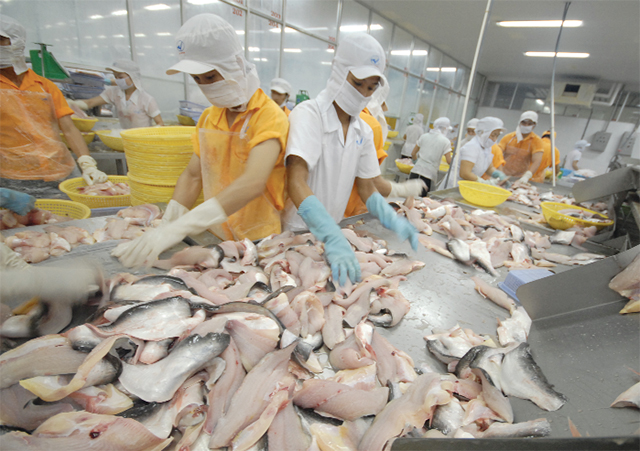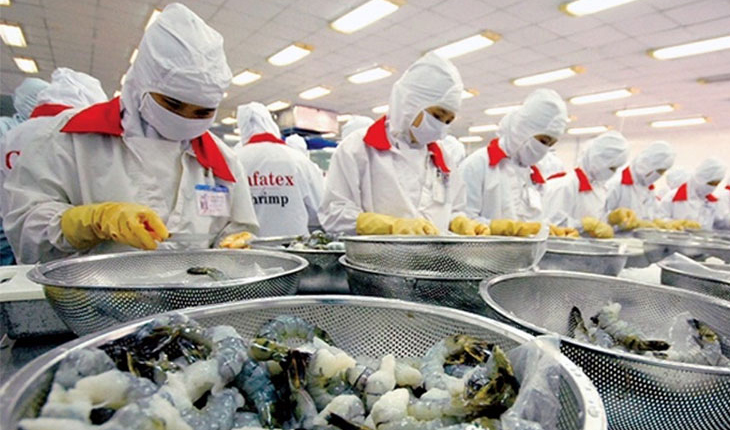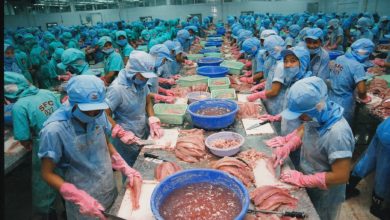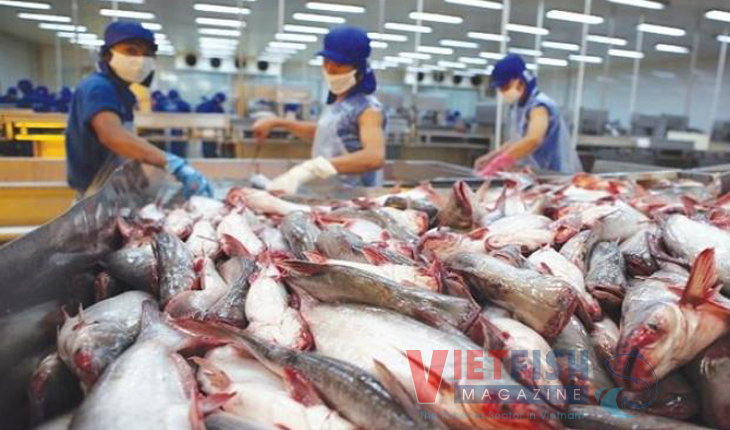Elevating Vietnamese shrimp at the Global Shrimp Summit 2024
The Viet Uc Group attended the Global Shrimp Summit 2024, sharing practical stories of sustainable shrimp farming in Vietnam over the past 23 years. The summit, held in India from late June to early July 2024, was organized by the Responsible Aquaculture Center (TCRS) and attracted over 500 speakers and industry leaders worldwide.
At this summit, Viet Uc Group represented Vietnam’s shrimp industry, discussing the “Sustainable Shrimp Farming and Production Value Chain,” contributing to the elevation and recognition of Vietnamese shrimp on the international market.
Sustainable and Climate-Adapted Shrimp Farming
The global shrimp industry faces many challenges, including shrimp price crises, disease outbreaks, and livelihood security for farmers. With a focus on “sustainability” and “climate change adaptation,” the 2024 Shrimp Summit brought together hundreds of experts, scientists, and key leaders from leading seafood corporations worldwide to share and discuss practical and in-depth solutions. This led to lively and diverse discussions on the industry’s core topics.
Responding to TCRS’s invitation, Viet Uc Group—Vietnam’s leading shrimp enterprise—participated and shared its 23-year journey of sustainable shrimp farming in Vietnam, from sustainable genetics, breeding, intensive farming to sustainable shrimp processing.
Challenges and Innovations in the Shrimp Industry
Despite numerous challenges, Viet Uc Group remains committed to investing in and researching technology applications to lead the market in shrimp breeding and expand into other areas, aiming to serve shrimp farmers more effectively and sustainably through breeding and genetics. The company has established a closed-loop chain, from genetic research and parent shrimp selection centers, high-tech shrimp breeding centers with modern infrastructure nationwide, to sustainable commercial shrimp farming models with stringent biosecurity and high-value shrimp processing for export.
By closing the “Farm to Table” loop, Viet Uc Group has enhanced the quality and value of its products. At this international event, the group contributed positive perspectives on the transformation of Vietnam’s shrimp industry, showcasing its potential to rise to the top globally.
The Shrimp Summit 2024 was a success, gathering many leading seafood enterprises from top shrimp farming and processing countries such as Vietnam, India, Ecuador, and Indonesia. The common goal was to share and discuss innovative solutions for the shrimp industry, from technology applications supporting small-scale farmers to intensive shrimp farming, processing, and marketing programs. In addition to specialized seminars, participants visited large shrimp farms and processing plants in India, creating a positive networking and learning environment.
VFM






